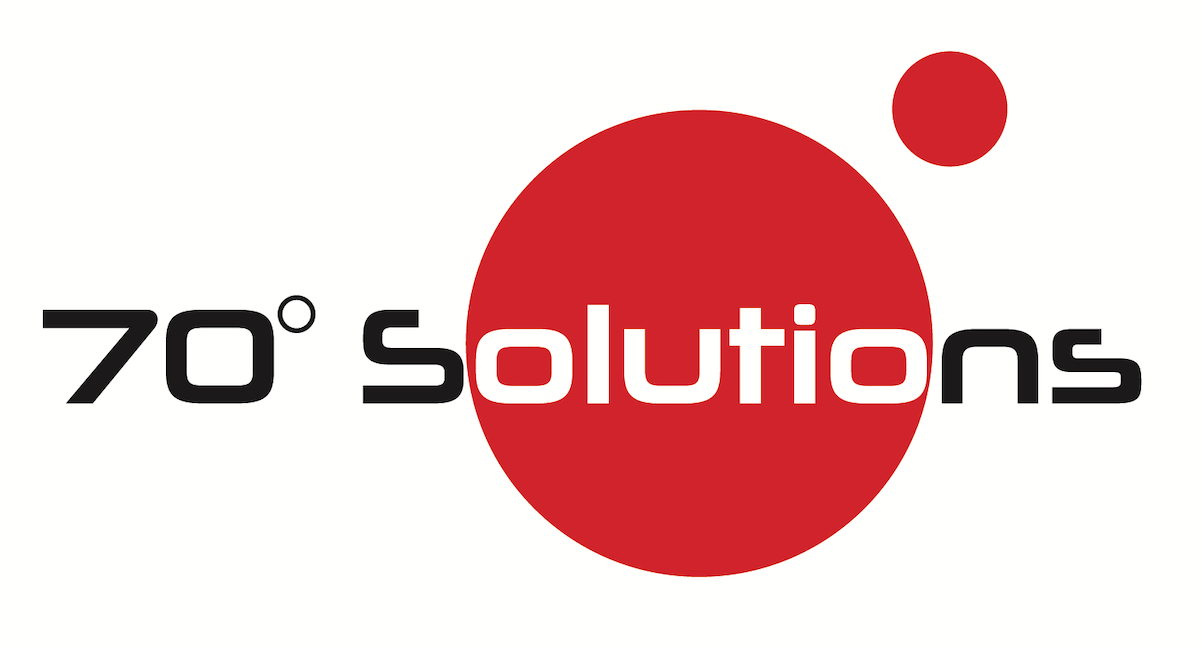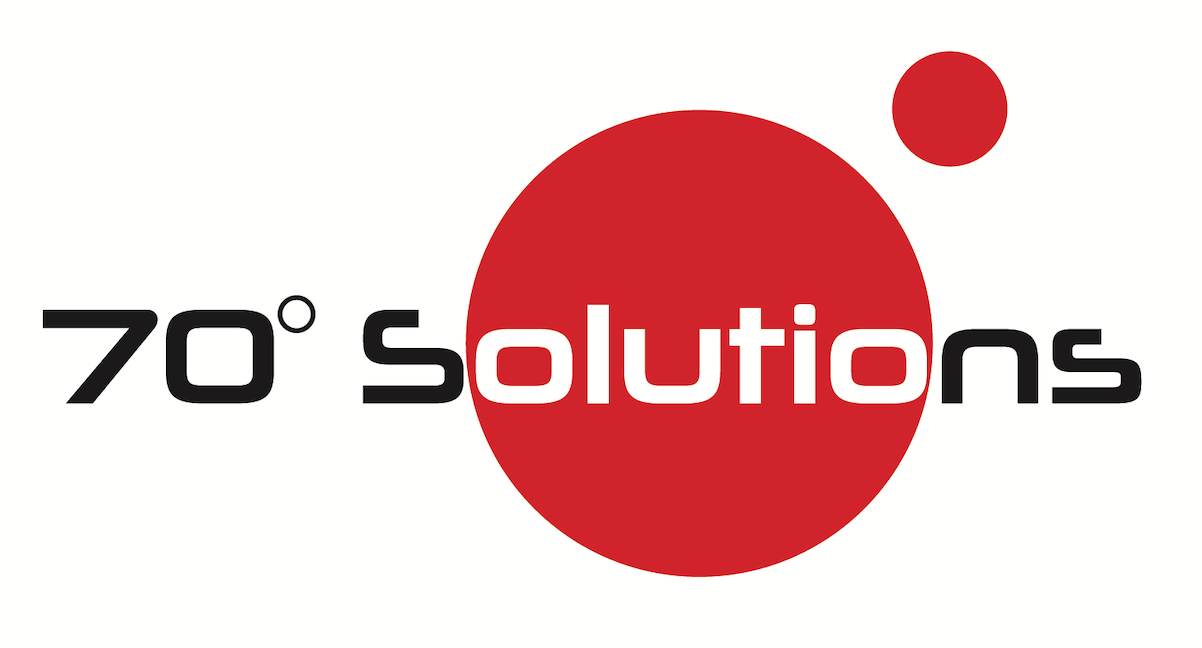Problem-solving is a crucial skill that plays a fundamental role in various aspects of life, both personal and professional. Here are some key reasons highlighting the importance of problem-solving:
Critical Thinking: Problem-solving involves critical thinking, which is the ability to analyze and evaluate information objectively. It helps individuals make informed decisions and consider multiple perspectives before arriving at a solution.
Innovation and Creativity: Problem-solving often requires thinking outside the box and coming up with innovative solutions. The process encourages creativity and the development of new ideas, leading to advancements and improvements in various fields.
Adaptability: Life is full of challenges and unexpected situations. Developing strong problem-solving skills enables individuals to adapt to changes more effectively, navigate uncertainties, and respond to new circumstances with resilience.
Decision Making: Problem-solving is closely linked to decision-making. It helps individuals weigh different options, assess risks, and choose the most suitable course of action. Good decision-making is essential for personal and professional success.
Effective Communication: Collaborative problem-solving often involves working with others. The ability to communicate ideas, listen to others, and express thoughts clearly is essential for effective problem-solving in group settings.
Conflict Resolution: Many problems involve conflicts, whether in personal relationships or the workplace. Developing problem-solving skills helps in resolving conflicts by finding mutually beneficial solutions and maintaining positive relationships.
Increased Efficiency: Efficient problem-solving leads to quicker and more effective resolutions. This is particularly important in professional settings, where time and resources are valuable, and delays can have significant consequences.
Continuous Improvement: Problem-solving is a dynamic process that encourages continuous improvement. By addressing challenges and learning from experiences, individuals and organizations can evolve, refine their processes, and strive for excellence.
Goal Achievement: Setting and achieving goals is a fundamental aspect of personal and professional development. Problem-solving helps overcome obstacles and challenges that may arise on the path to reaching these goals.
Empowerment: The ability to solve problems independently fosters a sense of empowerment. It gives individuals confidence in their abilities, enabling them to take on new challenges and tackle complex issues with a positive mindset.
In summary, problem-solving is not only a practical skill but also a mindset that contributes to personal growth, adaptability, and success in various aspects of life. It is an invaluable skill that individuals and organizations can cultivate to navigate the complexities of the modern world.



